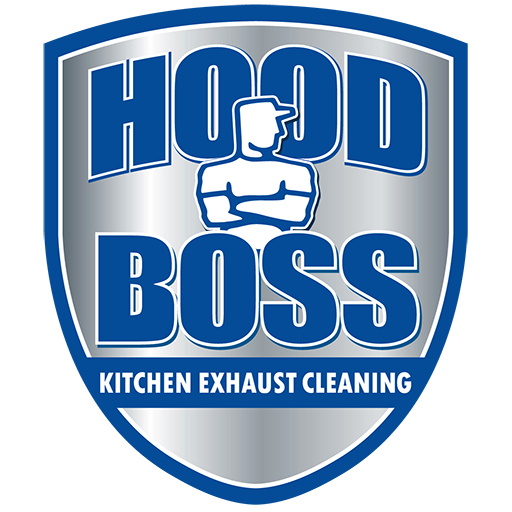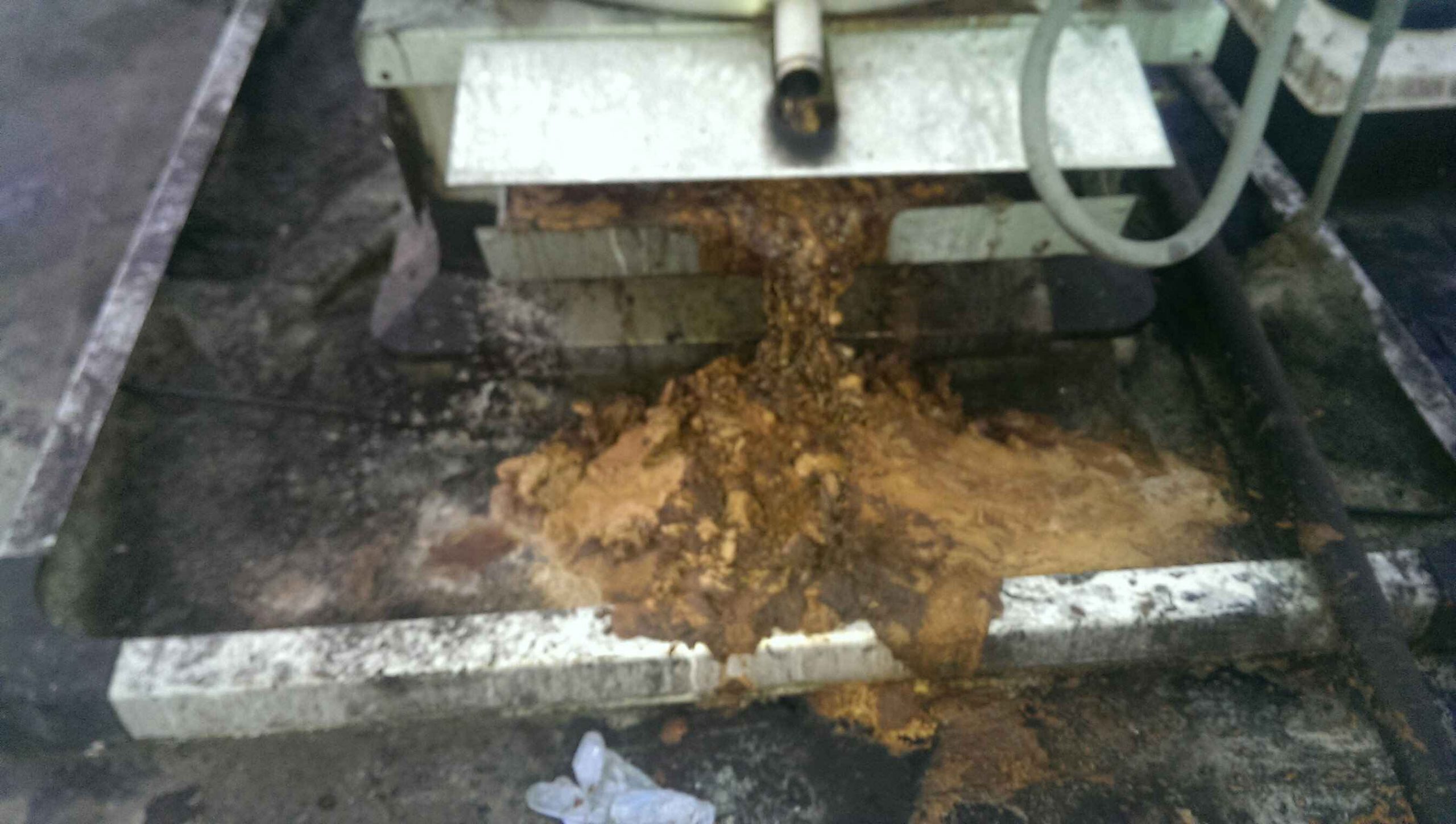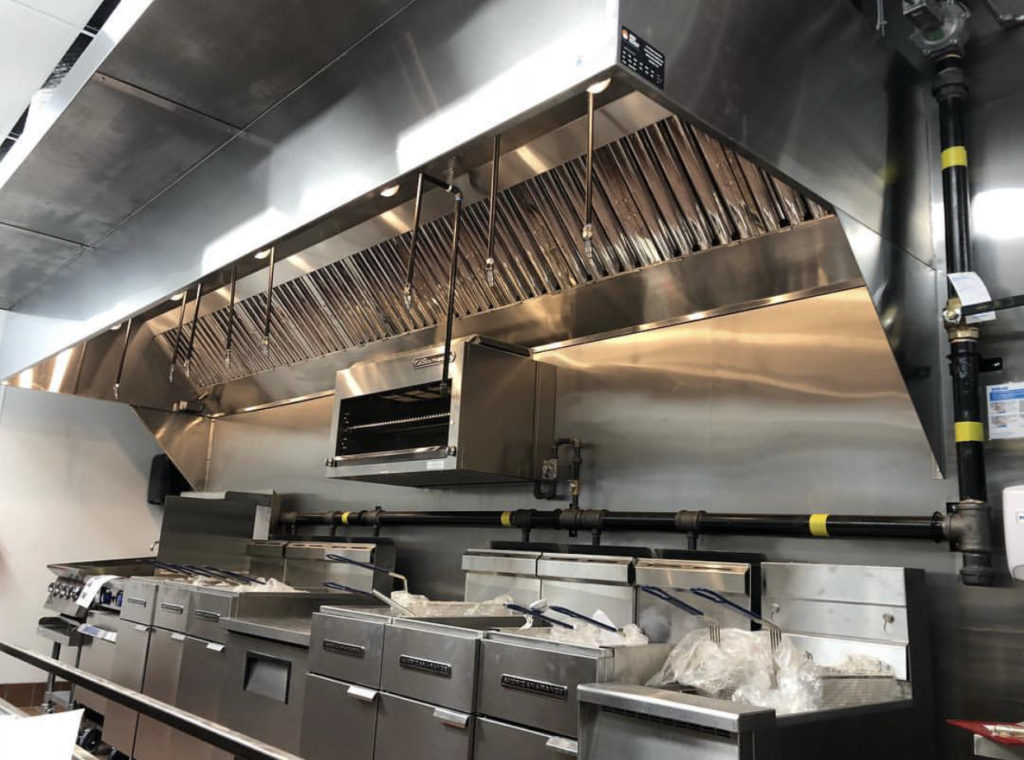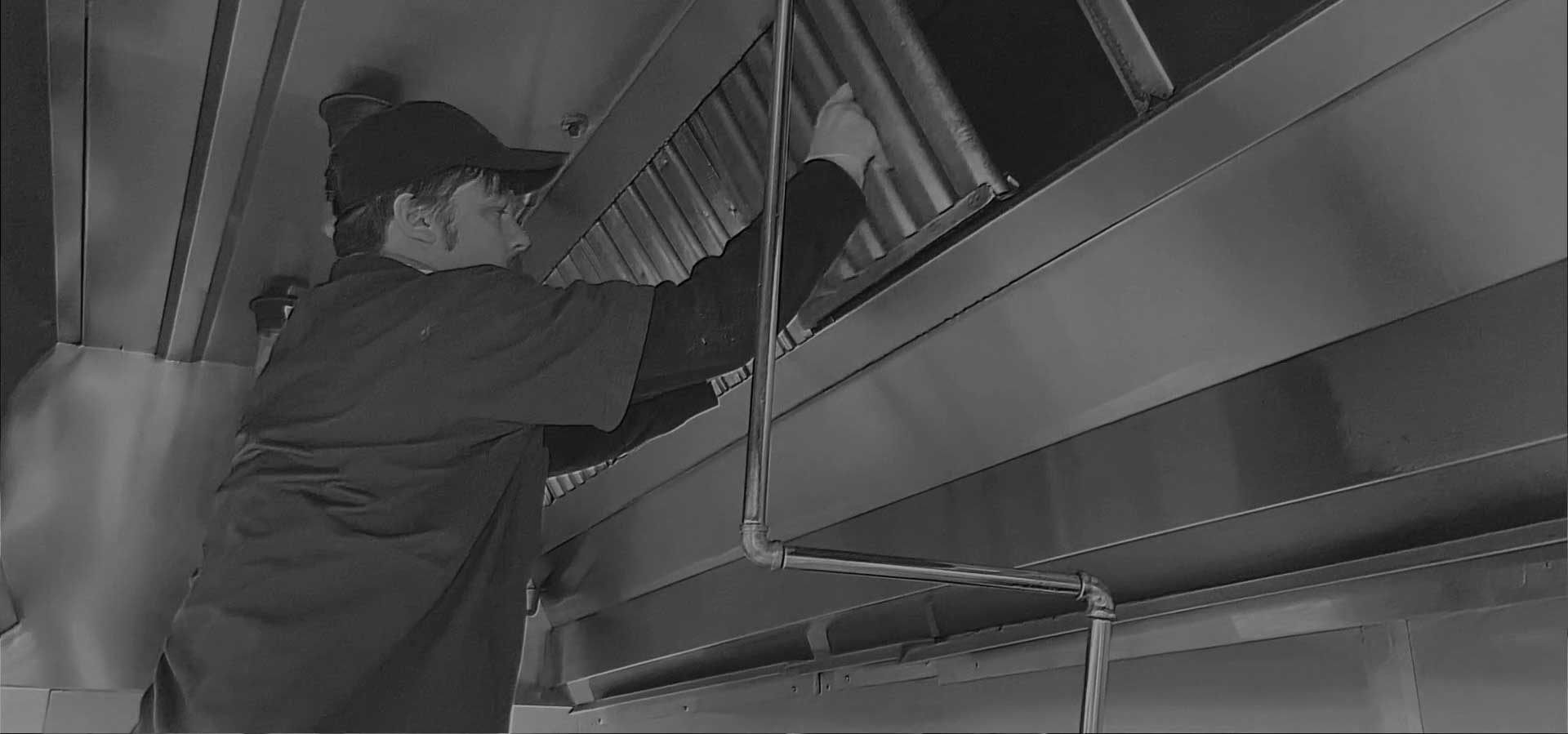Regular maintenance and cleaning of your Kitchen Exhaust System is one of the most important services provided for your facility, and it is often the most overlooked as well. Maintaining your exhaust system not only prolongs the life of your system, but more importantly it ensures that your facility is safe from potential fire. When selecting a provider, there are a few important elements to consider.
- Insurance Coverage – (Liability and Workman’s Comp Insurance)
Any reputable provider will carry between 1 and 5 million dollars in liability insurance. Insurance coverage is one of the first questions that should be asked when selecting a provider. Once your provider has completed service they are required by NFPA 96 code, they must mark the system with a certificate (usually a sticker) stating the date the system was cleaned. This certificate holds the company liable if the system does in fact catch fire. This also covers any of your equipment and your system in the event that any damage occurs during regular services. The amount of insurance that the provider carries is very important when a claim is filed for damages caused by poor work. The workman’s comp portion of the insurance is to cover the provider’s technicians if they are injured while working on your premises.
- Documentation Practices
As referenced above, all work must be documented and certified by the provider. Local fire departments, health departments, and insurance companies require documentation that regular maintenance is occurring in order for your facility to operate. Besides the sticker, most companies will leave you with an invoice or form stating what work was performed. This should be provided to you anytime you request it. There are a few companies that will also offer photo documentation of the service showing before and after pictures. Most often this is upon request only, but the more reputable companies include it as part of the service they are providing for you.
- Company Size
The Kitchen Exhaust Cleaning industry is a very competitive sector of facility maintenance. Providers range in size from smaller local operations, mid-level regional operations, and nationwide operations.
Nationwide operations have large client lists and cover huge areas of the country. A good question to ask them is if they are a “self-performing company.” Meaning that all work is completed by their technicians and they do not sub-contract out their work. Sub-contracting work could lead to inconsistencies in the work provided. These companies usually perform above standard work, but will have higher rates than local and regional companies. Nationwide operations are slow to respond to emergency situations and lack the personal element involved in customer service.
Mid-level operations have a smaller client base and limit their coverage area to a more manageable range. The work provided is comparable to nationwide companies and they have competitive rates for service. Limiting the coverage area allows them to respond to clients in a timely fashion and allows for a more personal relationship. Companies of the mid-level category will often times overshadow larger and smaller companies because of customer relations, response times, and organization.
Small operations will have a small client list of happy and loyal customers. Their coverage area may be limited to a large city and a few outlying areas. Their customer relations are great, due to the fact that the owners of the company are performing or managing the cleanings themselves. They can also provide adequate service and usually have very competitive rates. These companies will have limited man power, which can lead to slow response times and disorganization. Companies on this level are known to fall behind on cleaning frequency, putting clients at risk of fire.
- Reputation
Any reputable provider will be able to provide you with adequate service. A good reputation is usually the deciding factor for most when ultimately deciding on a provider. Positive word of mouth feedback and a reputable client list are usually good indicators whether or not a provider will be able to meet your expectations.
These are just a few of the important elements to consider when selecting your provider. Always acquire multiple bids to ensure the market value of your service is accurate. Remember to take in to account the long term relationship you are creating, just like you would with any other vendor. With these elements in mind and a little research, choosing a provider will be an easier decision.






